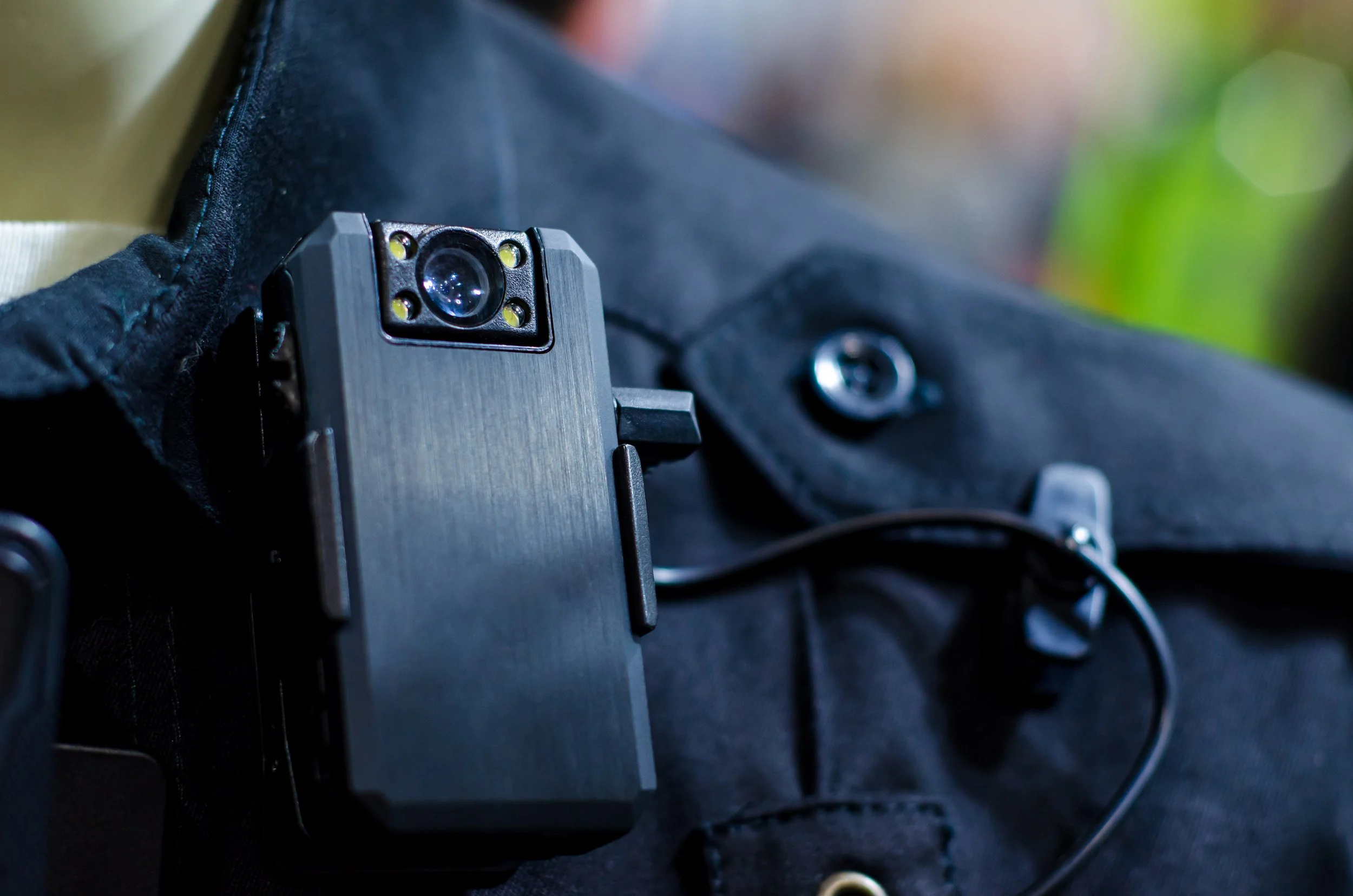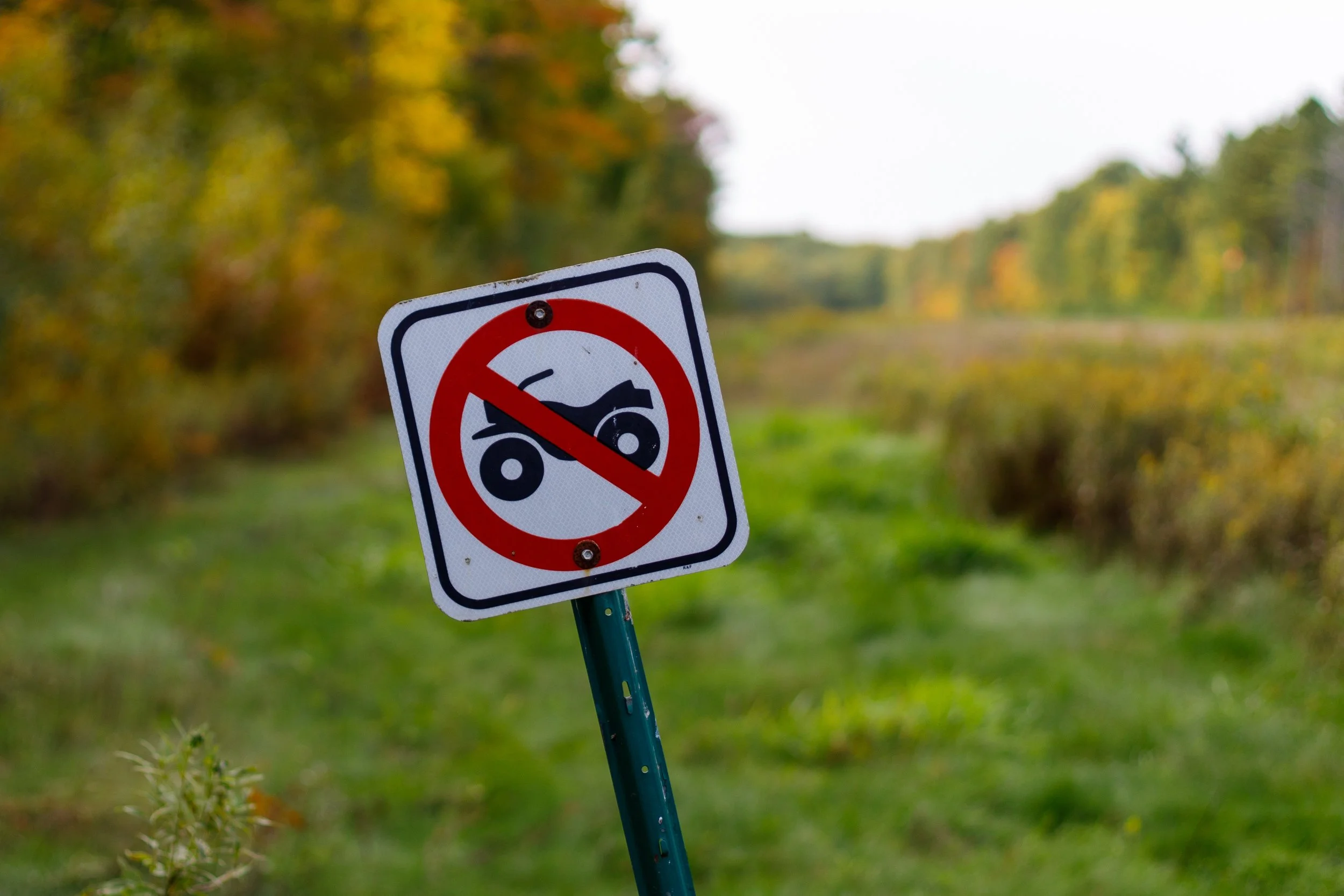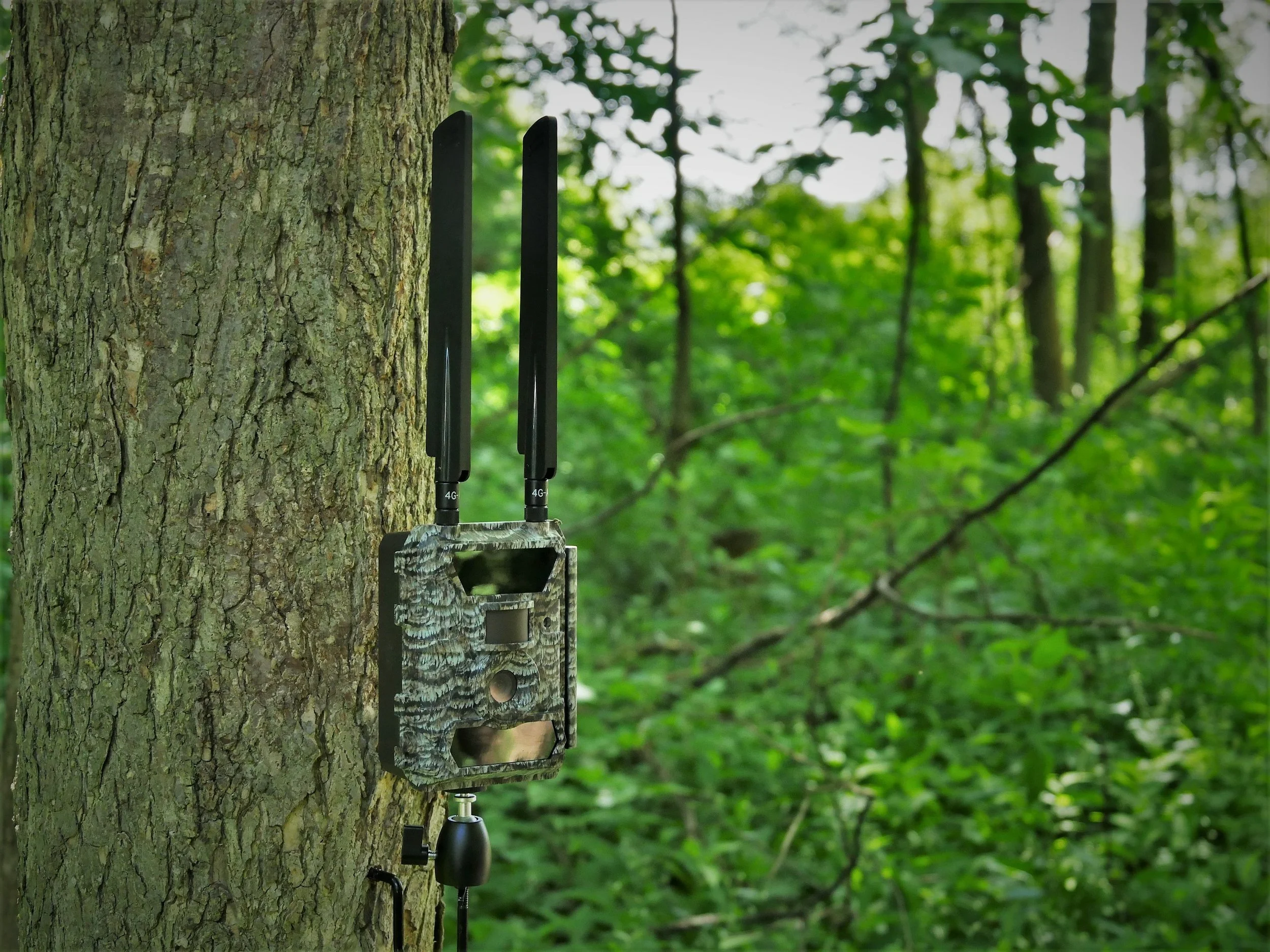New Hampshire state law doesn’t require adults to wear seat belts, but the law is not so laissez-faire when it comes to infants. Passengers under age seven must be fastened by a child restraint system (e.g. a car seat) with specific rules spelled out by the federal government. Now, the Legislature is set to vote on SB 118, a bill that would require rear-facing car seats for children less than two years old.
Should NH mandate solid playground paths for wheelchairs?
What questions will be on my ballot this November?
How do I thoroughly research my candidates?
If you wish to be a more informed voter, you’ll want to research your candidates thoroughly before you vote. While they may be running as Democrats or Republicans, there are self-proclaimed anarchists, secessionists, pacifists, socialists, scientists, massage therapists, chicken farmers, hometown heroes, and recent arrestees all on the ballot this year.
Top issues for Granite Staters heading into 2022 elections
Every election year the nonpartisan, nonprofit Citizens Count surveys and profiles the roughly 900 candidates for state and federal office in New Hampshire, from state representative through U.S. senator. When Citizens Count staff choose which issues to ask about on our candidate surveys – and how to phrase the questions – we know we are sending a message about the most important issues facing New Hampshire. Our survey drafting process therefore includes input from various policy advocates, stakeholders, and the general public. According to the 110 individuals who responded to Citizens Count’s request for input, here are the top five issues Granite Staters want candidates to address in 2022.
Should NH law require police body cameras?
A recent history of redistricting in NH
Every ten years officials must redraw voting districts to reflect population changes, according to the U.S. Census. Right now New Hampshire’s redistricting process is held up at multiple levels, with the governor and Legislature at odds and lawsuits before the state Supreme Court. New Hampshire candidates are scheduled to file their first campaign paperwork in June, so the clock is ticking to finalize new voting districts. Will the governor and legislators agree on redistricted maps that meet constitutional muster, or will the courts step in? If the courts act, will they keep current maps in place for now or will they draw completely new maps? Whatever the decision, it will have a big impact on who represents you. Looking back at the last three rounds of redistricting in New Hampshire provides some examples of how this year’s redistricting might play out.
Should NH institute a “housing champion certification program” to incentivize municipalities to develop workforce housing?
It’s hard to think of a New Hampshire issue that impacts more people than the housing shortage. Whether you are a renter or you own your own home, the limited availability of housing in New Hampshire likely affects your finances directly or indirectly. As housing costs increase, the need for workforce housing in particular has come into focus. This year, the Legislature considered a large piece of legislation, SB 400, meant to address the problem. The bill, which was championed by Gov. Sununu, contained a slew of programs and incentives aimed at increasing the supply of workforce housing. The House tabled the bill on May 5, which means the bill is unlikely to pass this year. Still, many of the policies contained in SB 400 are repeats from previous years and might find their way into final bill negotiations. For the purposes of this article, we will focus on one of the more contentious parts of SB 400: the “Housing Champion Certification Program.”
Who should have the power to open roads to OHRVs: local officials or full town meetings?
In recent years New Hampshire’s Coos County has transformed into a mecca for off highway recreational vehicles (OHRVs). In addition to hosting a long system of trails, many North Country towns allow OHRVs to travel on regular roads. While this may have boosted roadside business, it has also increased conflict with town residents. In 2021 the Fish and Game Department announced it was so overwhelmed with calls, it would no longer respond to complaints about OHRVs on town roads; those calls would be left to local police. Now the New Hampshire Legislature is debating whether state law should require a full town meeting vote to open or close a road to OHRVs.
Should NH allow scuba divers to catch lobsters?
The waters off the New Hampshire coast boast an abundant lobster population which has made the Granite State home to some of New England’s best seafood restaurants. For some, nothing says “summer” quite like a lobster roll. A bill before the New Hampshire Legislature would make it legal for scuba divers to catch lobsters recreationally by issuing a special license. However, some worry the legislation could have unintended consequences for the environment and the commercial lobster industry.
Should NH repeal a law requiring embalming?
For millennia humans have used different methods to preserve the deceased, from Egyptian mummification to modern embalming. While embalming is common in the United States, there is growing interest in “green burials” and other alternative body dispositions that reject embalming. Now the New Hampshire Legislature is deciding whether to repeal a law on the books that requires embalming in some circumstances.
Should NH prohibit the sale of cosmetic products tested on animals?
In 2018, California passed the Cruelty-Free Cosmetics Act, which banned the sale of animal-tested cosmetics. Since then, eight other states have followed suit, including Maine, as well as 41 foreign countries. Now, New Hampshire is considering SB 202, a bill that would ban cosmetics manufacturers who employ animal testing from selling their products in the Granite State. Listen as hosts Anna Brown and Mike Dunbar, of Citizens Count break it down in $100 Plus Mileage. This podcast is produced in partnership with Citizens Count, Granite State News Collaborative and The Marlin Fitzwater Center for Communications at Franklin Pierce University.
Does NH need to do more to get lead out of school water?
In recent years Granite Staters have seen many headlines about PFAS in water, but there is an older contaminant still lurking in New Hampshire’s plumbing: lead. Four years ago New Hampshire passed a law aimed at fighting lead poisoning in homes, daycares, and schools. Now legislators are debating whether the testing requirements do enough to protect children from lead in school water.
Should NH crack down on roadside memorials?
You’ve seen them as you drive down the highway: wooden crosses or other homemade monuments on the side of the road memorializing someone who passed away in a car accident. These memorials occupy a legal gray zone in New Hampshire, but that hasn’t stopped them from becoming commonplace and increasingly ornate. A bill in the Legislature would crack down on roadside memorials and direct Department of Transportation workers to dispose of them 90 days after the incident.
Does NH need a law on game cameras to protect privacy, “fair chase” hunting?
From spotting prize bucks to capturing porch pirates, cameras have become an increasingly popular tool for hunters and everyday homeowners. However, some wildlife protectors argue live cameras are unethical, while privacy advocates are leery of hunters surveilling private property. Earlier this year the New Hampshire House of Representatives passed a bill to add regulations on how hunters can use game cameras. The next step is a public hearing before the Senate Energy and Natural Resources committee.
Should NH create an easier process outside the courts for right-to-know complaints?
The New Hampshire Constitution guarantees a right to access government records and the state’s right-to-know law puts this right into practice. If an official blocks access, however, a citizen has to file a lawsuit to resolve the complaint. This year the Legislature is considering a new way to handle right-to-know complaints: the Right-to-Know Ombudsman.
Should parents be allowed to teach driver education?
During the COVID-19 emergency Gov. Sununu allowed parts of driver education to take place online or with a parent. Those adjustments ended along with the state of emergency, but some legislators believe the allowances should go even further. Ten state legislators are sponsoring a bill that would let parents provide all of driver education instead of enrolling their teen in an approved course.
Should NH adopt ranked-choice voting?
You walk into the voting booth with a conundrum on your mind: the electoral field is crowded and your first-choice candidate might not win. You worry that by voting for your first-choice candidate, you will help split the vote and your least favorite candidate will benefit. This year, New Hampshire legislators are considering a switch to ranked-choice voting to help address this issue.
In fact, the New Hampshire Legislature is considering three different pieces of legislation that would institute ranked-choice voting in one form or another.
In NH, bills “by the people” are a reality
You may have heard the adage “democracy is not a spectator sport,” but what about “democracy is a four-season sport”? Every other year we hear the call (literally, on our phones) to get out and vote, but citizens have many opportunities to get involved in their government outside election season. Any person can show up to testify at a public hearing at the state Legislature, write their representatives to voice an opinion on a bill, or pen a letter to the editor. Granite Staters can also ask their legislators to sponsor bills on their behalf. Anyone can have an idea to make our state a better place, from the animals in your backyard to the sentences in our courts. Here is the story of some of New Hampshire’s citizen-led bills to inspire you.



















